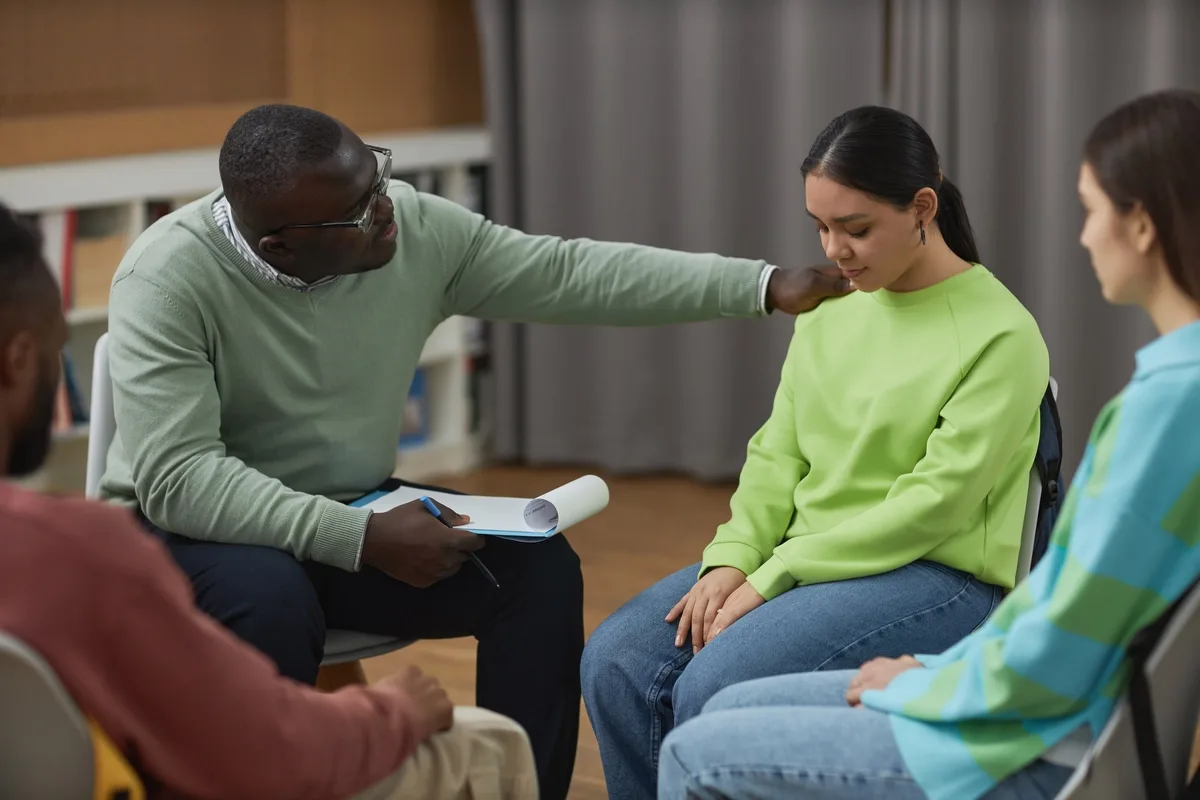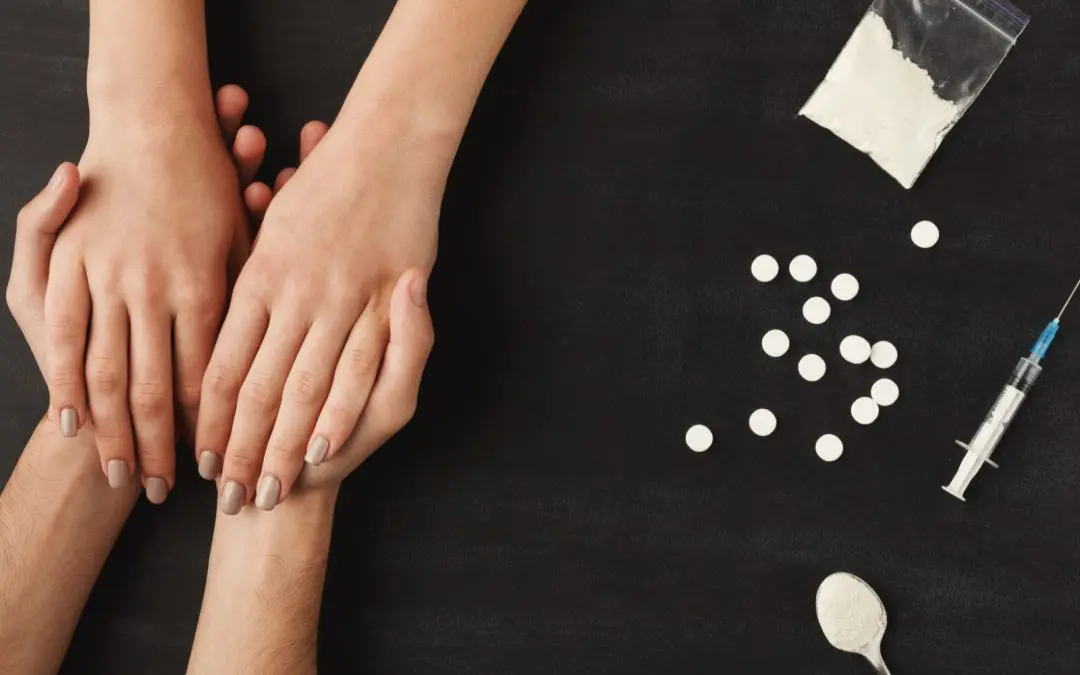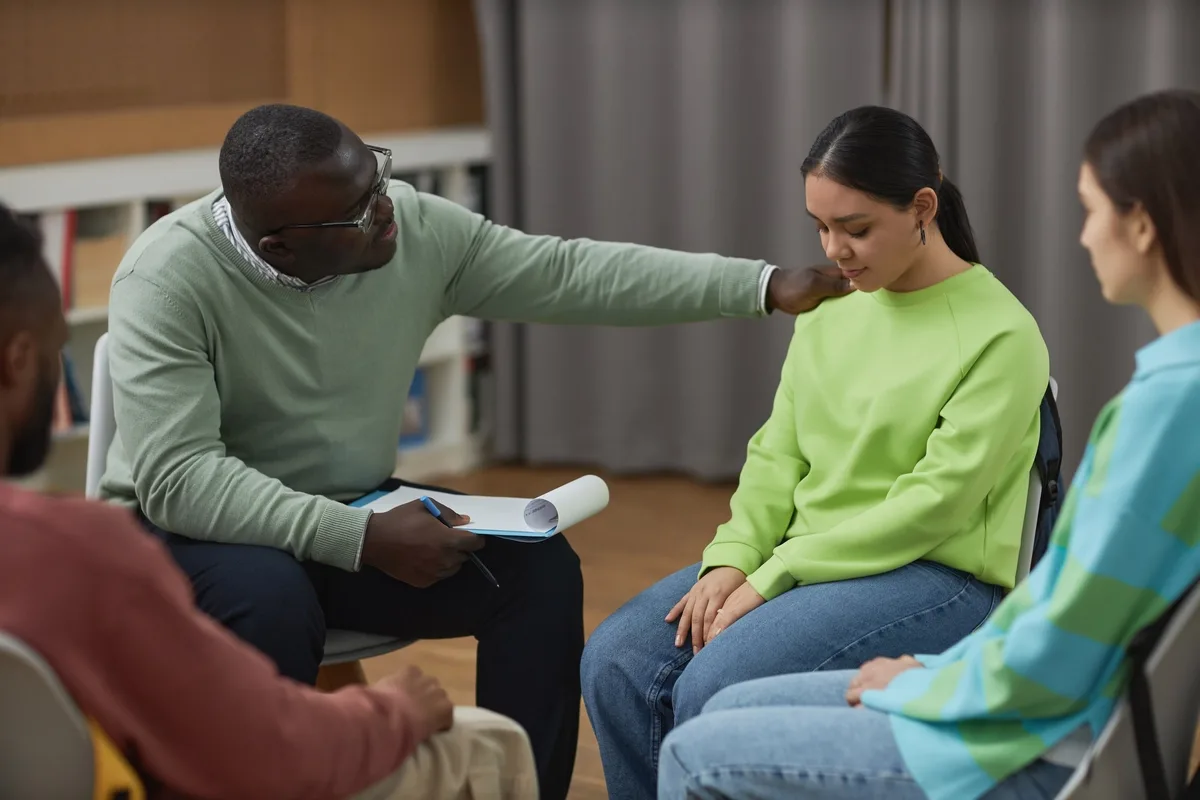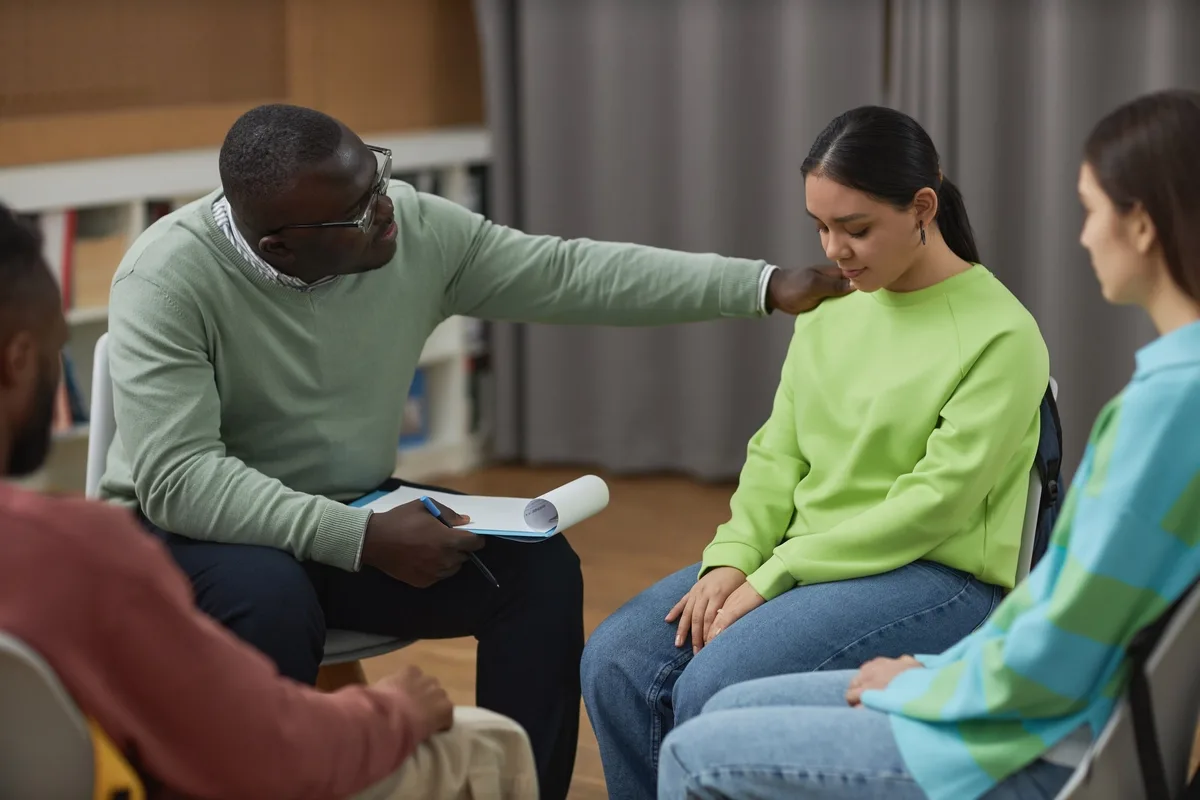24/7 Helpline:
(866) 899-221924/7 Helpline:
(866) 899-2219
Learn more about Depression Treatment centers in Rapides County
Depression Treatment in Other Counties

Other Insurance Options

Health Partners

Horizon Healthcare Service

Excellus

Medical Mutual of Ohio

BlueShield

Evernorth

Cigna

MHNNet Behavioral Health

BlueCross

Amerigroup

Carleon

Aetna

Humana

GEHA

Magellan

Premera

UnitedHealth Group

Providence

PHCS Network

Optum

Edgefield Recovery Center
Edgefield Recovery Center is a drug and alcohol rehab center located in Cheneyville, LA. They provid...

Healing Springs Ranch
Located in Tioga, Texas, Healing Springs Ranch is a center for treating addiction and mental health ...








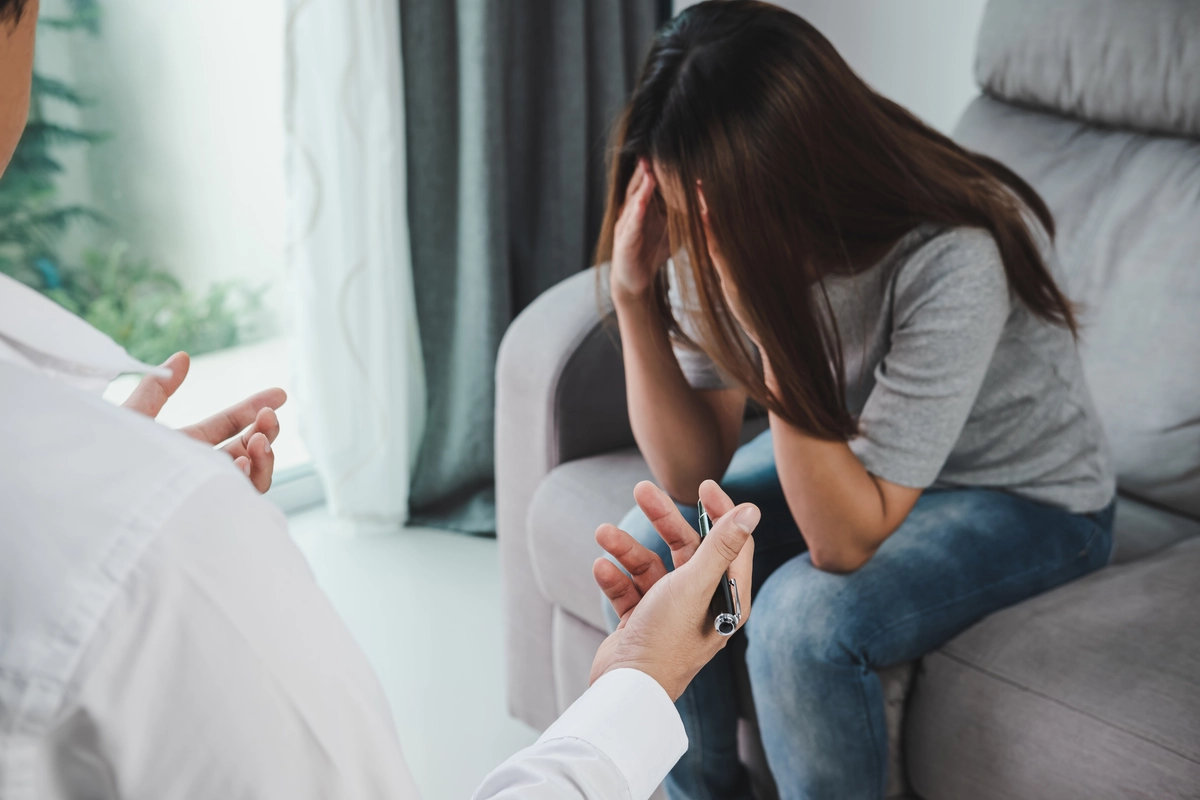








Dellwood Recovery Center
Dellwood Recovery Center is a private rehab located in Mora, Minnesota. Dellwood Recovery Center spe...

Serenity Manor
Serenity Manor is a private rehab located in Mora, Minnesota. Serenity Manor specializes in the trea...

New Mexico Behavioral Health
New Mexico Behavioral Health is a public rehab located in Mora, New Mexico. New Mexico Behavioral He...











































































































































































